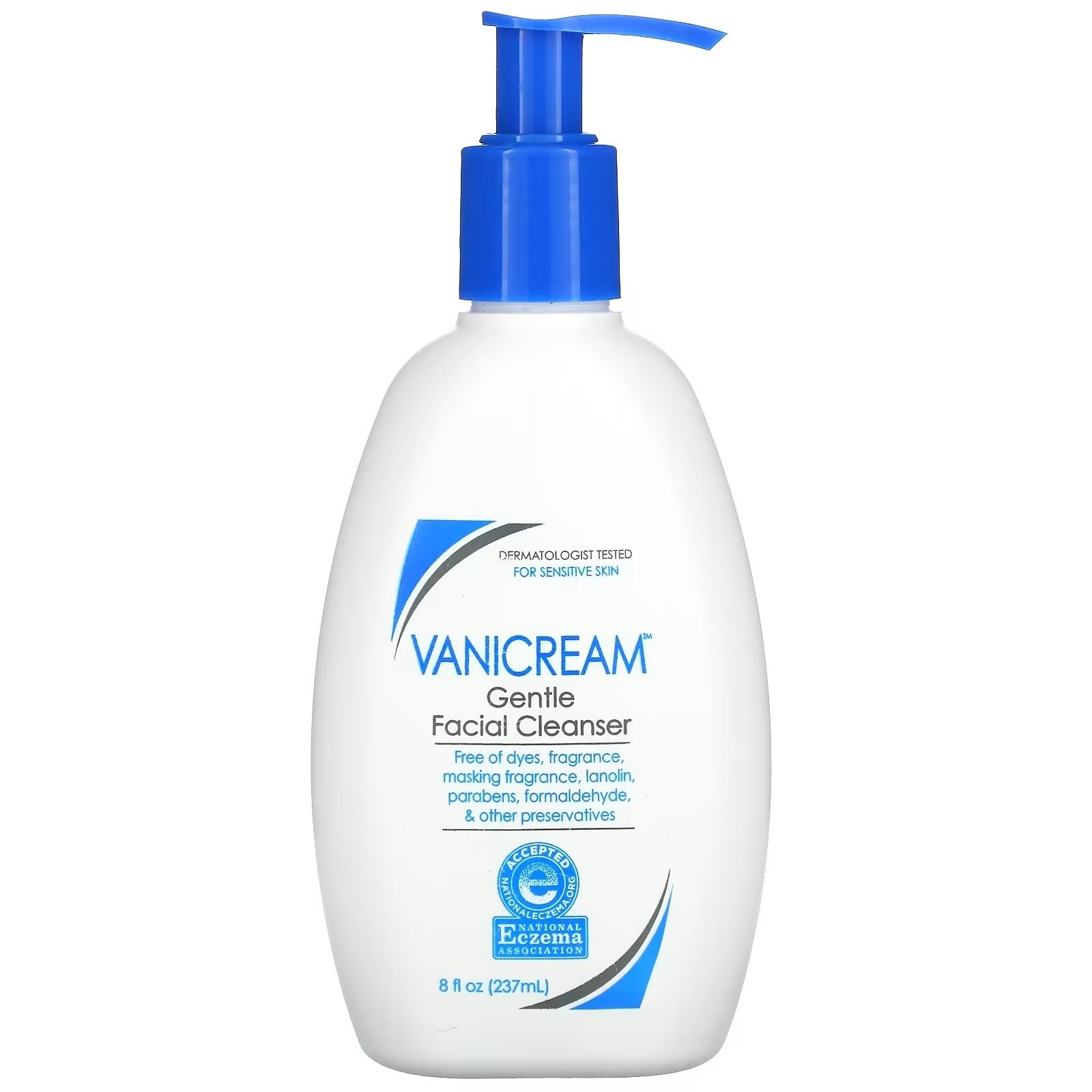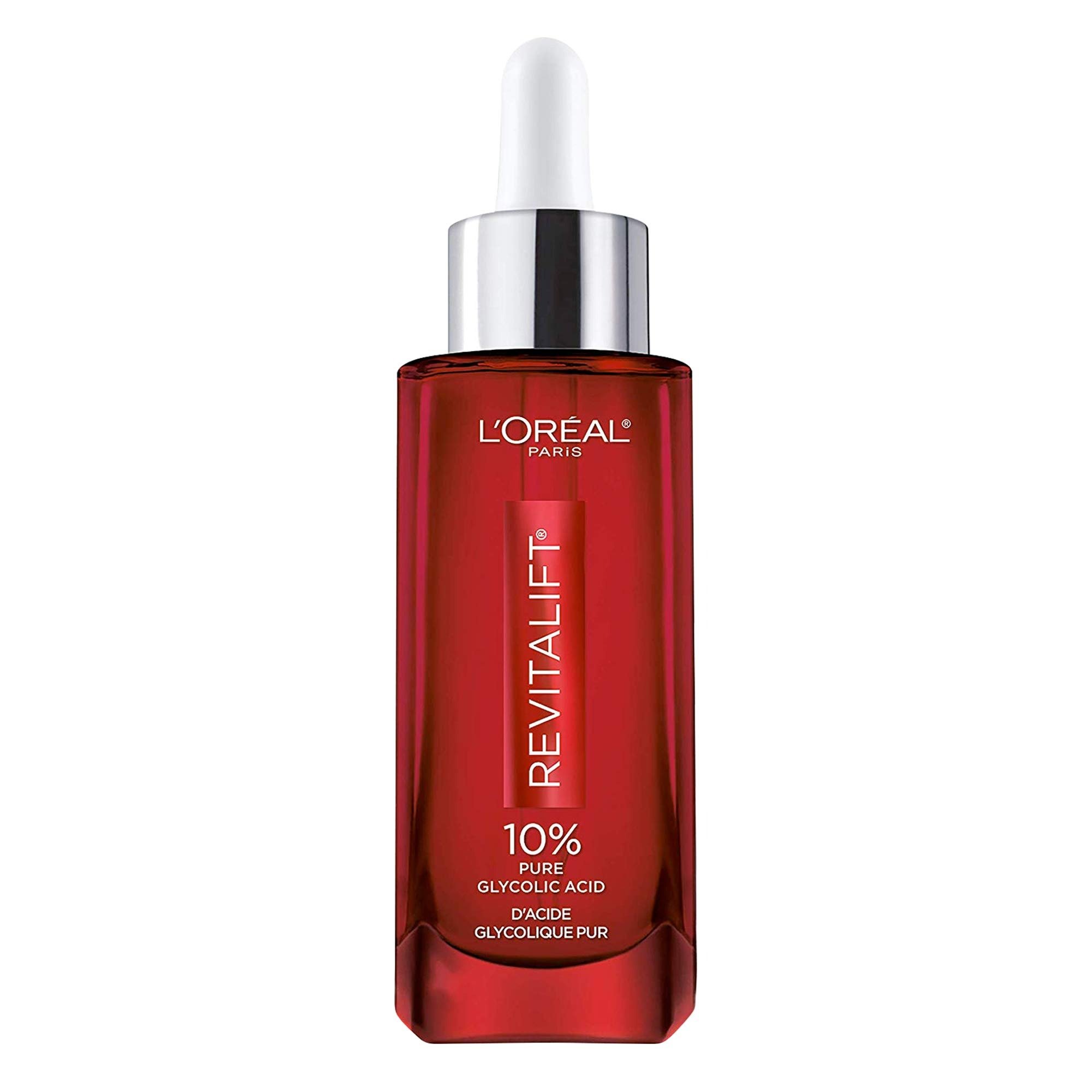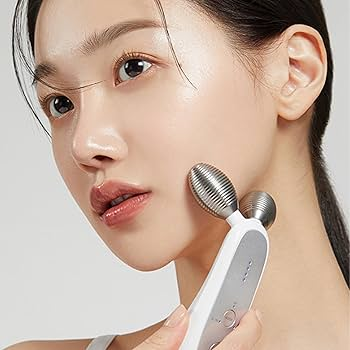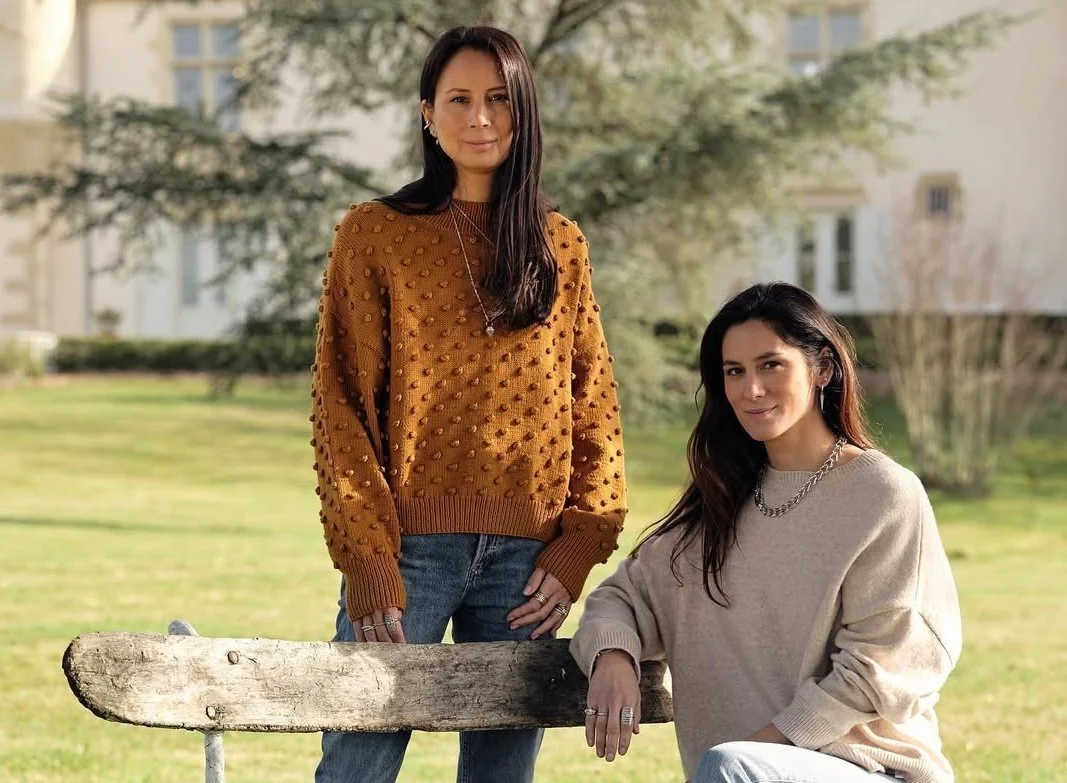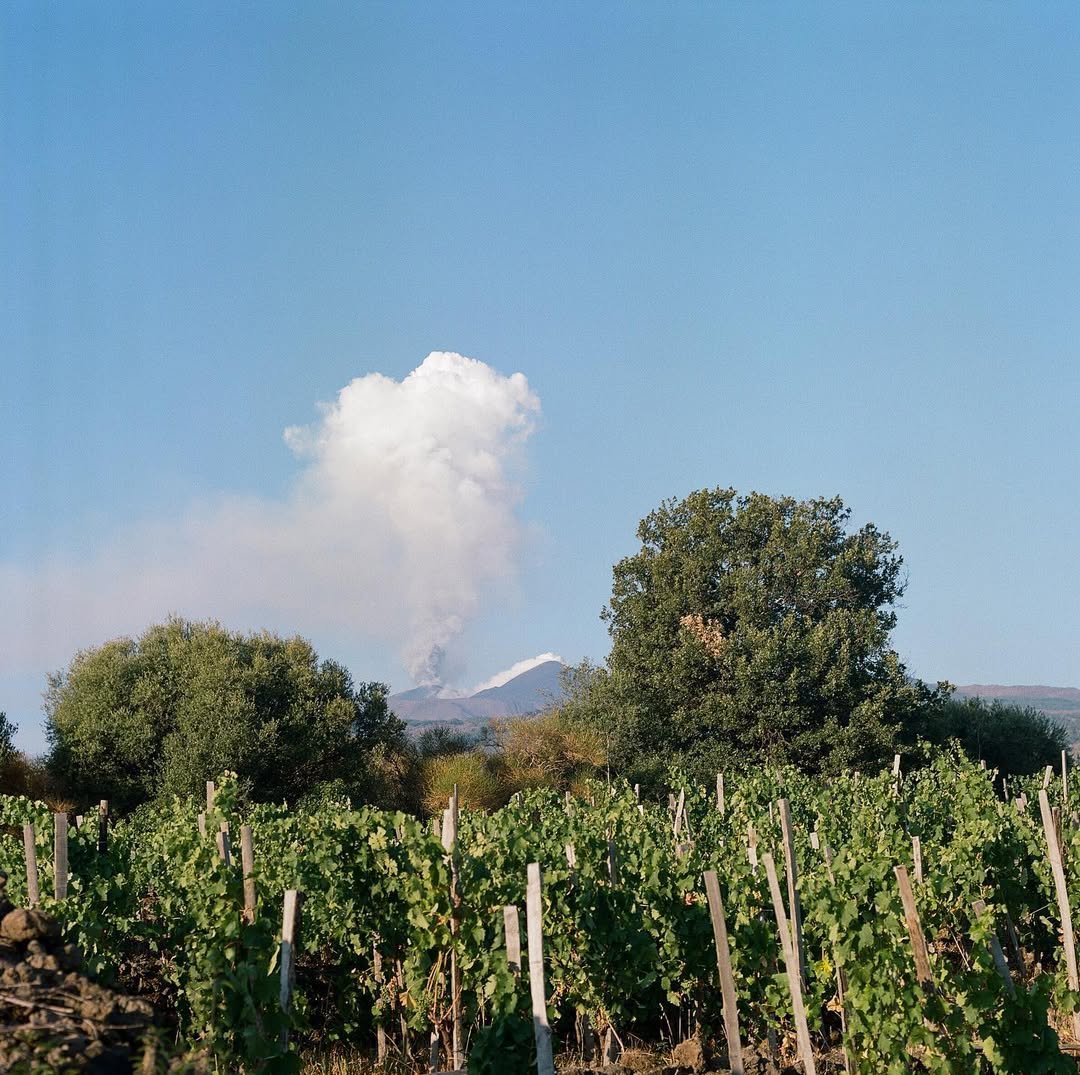Affordable Anti-Aging Skincare: High-Performance Products Under $40
Good morning, skincare novices! Today is all about a cost-effective anti-aging skincare routine. All the products we'll be discussing are priced below $35.
Before we continue: Welcome to But More Importantly! If you're new here, don’t miss out - hit subscribe. If you've never liked or commented on an article, I urge you to do so.
The Term Anti-Aging
Today, we'll delve into the concept of "anti-aging" and its application in skincare routines on a budget. I'm not a fan of the term "anti-aging," but given its popularity on search engines, I feel the need to use it. Nevertheless, I prefer terms like "well-aging" or "pro-aging" to promote a more optimistic perspective on growing older. When it comes to anti-aging, there are six key ingredients to consider.
6 Main Ingredients for Anti-Aging
The undisputed champion in this category is retinols. They're the most efficient ingredients currently available. Retinols have been in circulation for a long time and boast an extensive proven track record but it's important to note that not all retinols are created alike.
We've previously made a comprehensive article detailing the different types of retinols available on the market, which I strongly advise you to read. It's crucial to understand the type and concentration of the retinol you're using. Retinols boost collagen production, tighten your skin, help reduce fine lines and wrinkles, and work wonders to improve your skin tone.
Next on the list, we have the well-known Vitamin C. It's one of the most reliable antioxidants out there. It's not the top brightening agent, but it's one of the most effective. Vitamin C plays a vital role in brightening and protecting your skin, both preemptively and reactively, due to its antioxidant properties. This means it fortifies your skin against potential damage from environmental pollutants and stress, enhances the efficacy of your sunscreen, and maximizes its benefits. As an antioxidant, it neutralizes harmful free radicals that can damage your skin.
These ingredients are particularly effective in synthesizing collagen, though not to the same degree as retinols. However, it's still worth utilizing all available options.
Let's talk about peptides next. As short-chain amino acids, not all peptides are identical, but they can aid in collagen production. If retinols are too harsh for your skin, peptides may be an ideal substitution.
Then we come to Alpha Hydroxy Acids (AHAs), including glycolic acid, lactic acid, and mandelic acid. I personally prefer glycolic and lactic acids. Mandelic acid is a great choice for those with sensitive skin, despite not penetrating as deeply. Importantly, glycolic acid is known to stimulate collagen production, though it isn't marketed as such due to regulations.
Lactic acid is celebrated for its skin brightening properties. Combined with glycolic acid, it helps to even skin tone and stimulate collagen production.
The fifth component in our list is Coenzyme Q10, or ubiquinone, an antioxidant naturally found in our bodies. Its levels decrease with age, but topical application can enhance its effects by boosting mitochondria activity.
Lastly, we have sunscreen. Not exactly an ingredient, but it's a vital category to include in your skincare regime. Why invest in a skincare routine if you're not using the primary defense against sun damage?
How to Incorporate them Into Your Routine
In terms of arranging these products into a daily routine, start the day by rinsing your face, then serum, moisturizer, and sunscreen. In the evening, cleanse thoroughly, apply an exfoliating acid, serum, eye cream, and moisturizer, finally ending with retinol. For sensitive skin, apply retinol after moisturizer, using the prior products as a barrier. Otherwise, retinol should be used before.
Morning Routine
Starting off with the morning routine, we brush our teeth, relieve ourselves, and wash our face with water. To optimize aging well, consider adding a Vitamin C serum. Specifically, ascorbic acid is a proven antioxidant that becomes active once applied to the skin. SkinCeuticals is a popular product in this category, retailing at $182. Is it a good product? Yes. Is it worth $182? That depends on how much you like it. Personally, I think it's overpriced. It could be improved with a better dropper. As it stands, it feels like a race against the clock when using this product.
Timeless skincare is a more appealing alternative, offering an effective dupe for $27. They offer both a 10% and 20% ascorbic acid vitamin C options. There's no need to go above 20%. These are affordable, effective dupes for active Vitamin C. The product consistency is just as fluid, and it comes in a pump, which I find more user-friendly than a dropper. The packaging is also opaque, another plus.
Vanicream is next on the list. Their Vitamin C serum uses tetrahexodiciliscorbate, similar to Pillowtalk Derm's Active Seal. Sadly, they don't state the concentration in the product. However, it is a light serum, scent-free, and can be used twice a day. It retails at $18.
When it comes to moisturizing, some may seek added benefits beyond simple hydration. The Inky List's peptide moisturizer, priced at $17, presents a promising candidate. Infused with Royal epigen P5 - a peptide claimed to originate from royal bee jelly that potentially accelerates cell renewal - this moisturizer may be worth a shot. Despite the need for more proof, the lightweight formulation aids easy absorption on the skin and can also be used on the neck and hands.
For dry skin individuals, Eucerin's Q10 anti-wrinkle cream may be the ideal choice. This cream, rich in coenzyme Q10, strikes a perfect balance in consistency, kind of like room temperature butter. Priced at a modest eighteen dollars, it's an economical choice suitable for use on the face, neck, and chest.
A high-end recommendation is the Anthelios sunscreen, retailing at $35. Along with age-correction, it's enriched with niacinamide and antioxidants that contribute to a brighter complexion. The lightweight formula leaves no white residue, but its mild fragrance might not be suitable for those with sensitive skin.
Evening Routine
For your night routine, a basic cleanser like Vanicream's Basic Cleanser, priced around 11 dollars, should do the job. While it isn't the best for makeup removal and might cause slightly itchy eyes, a prior cleanse with micellar water or an oil-based cleanser can help.
Exfoliation is key, and here's where AHAs come into play. L'Oreal's 10% glycolic acid, despite the steep price of 38 dollars, offers an economical usage as a small quarter dropper covers a large area. With the increasing popularity of skincare products like retinols and glycolic acids, remember that moderation is key. The night formula from the Inkey List is a personal favorite; it's mild yet impactful. Their 10% glycolic acid, offered at a mere 14 dollars, is an affordable alternative definitely worth considering.
Lastly, ELF's social media-famous Advanced Night Retinoid Serum requires a critical eye. Priced at 22 dollars with a claim of 1% Gran active retinoid, it sounds like a steal. In reality, the 1% active retinoid equates to just 0.1% hydroxypinacolone retinoate - a derivative of tretinoin, the active form of retinol. So while it isn't really 1%, it's still a promising ingredient that has also been featured in Caroline Hirons' Skin Rocks at 0.5%. With its bright orange hue, handy pump dispenser, and user-friendly nature, it's an excellent starting point for retinol novices. For only $22, it presents a solid option, particularly for individuals with sensitive skin.
On the other hand, if you're on the hunt for a regular retinol, consider Number Seven's misleadingly named Advanced Retinol 1.5 Complex. Despite the name, it's not a 1.5% retinol but contains a 0.3% retinol and Matrixyl 3000, a peptide complex. With its well-aging and anti-aging benefits, it stands on par with L'Oréal's Revitalift retinol at 0.3%, with an added bonus of peptides. Plus, the pump dispenser is a definite win.
Finally, the L'Oreal's Revitalift Retinol Niacinamide Pressed Moisturizer offers a less intense option, with 0.3% retinol. Housed in a pump dispenser, this moisturizer is ideal for application beyond the face—perfect for the neck and chest without causing irritation. At $30, it is a worthwhile investment for your skincare regimen.
So, achieving an efficient well-aging and anti-aging skincare routine is definitely still feasible if you don't want to spend more than $40 per product.








